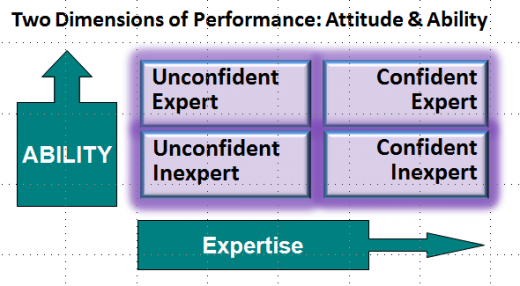- Home
- Products
- Sound Tech and PA
- Sound Tech DVDs & Downloads
- Free Tech Resources
- Free Sound Tech Lessons
- Playing By Ear
- Play By Ear DVDs & Downloads
- Ear Training & Music Theory Resources
- Worship Leading
- Worship Leading Course Downloads
- Free Worship Leader Training
- Free Worship Leader Resources
- Worship Band Skills
- Band Skills DVDs & Downloads
- DIY Worship Team Workshops
- Free Worship Team Training
- Free Worship Team Resources
A question of balance – tailoring your feedback to your worship team
The service is done, the band has played 14 songs, including an improvised worshipful instrumental over the ministry time, and now they’re winding cables and putting on jackets as the worship leader brings to close the final team prayer huddle. “..Amen, and hey everybody, what a great service that was! You guys are the best! I thought you sounded amazing and guys, everyone really appreciates your commitment!”
Meanwhile, I am thinking that I have played in better bands, and made better music, and this fact alone gives me no issue. Except that those excellent bands might play an excellent set, and yet close with a discussion of how we could have done better today, and ought to do better tomorrow.
So here’s my question, “What’s wrong with a little encouragement?” and it’s a serious question, and it’s a good question. Actually it’s a question that should concern leaders of all types, and in commercial concerns, some time and money gets invested to ensure that every leader uses the right style of encouragement at the right time.
Let’s say two musicians play badly, but while one thinks he plays well the other is actually dissatisfied, perhaps even discouraged, at his lack of ability. Another two musicians play well, but one is annoyed at being told what to play, while the other is frustrated at not knowing whether he played what was wanted.
If you imagine how each of these would respond to gushing praise, you can see it as being a blunt instrument, rather than a universal tool for growth. In fact we need to think about what combination of delegation and monitoring would be best for each individual in his current state and current role, remembering that the same person may need different encouragement for different tasks, and at different stages of their development.
I am delighted to say that I can quote exemplary ways in which I have seen a worship leader doing exactly this, in a mature knowledge that treating everybody equally is not the same as treating everybody fairly.
A simple way to classify people (yes, I said it! And you ARE allowed to snort with laughter, go on!) let me try to continue,.. as I was saying, a simple way to classify people is in two dimensions,.. willing vs. unwilling, and capable vs. incapable. In the case of our leadership (or membership) of a Worship Team, we might subtly rename those as confident vs unconfident, and expert vs. inexpert.
This gives us four categories; with loose examples here of different requirements:
Confident Expert: The one who needs to be allowed to choose her own way. Give her the goal and let her decide how to achieve it. Don’t thank her for playing well but thank her for gentleness and tact in guiding others.
Unconfident Expert: Can be praised for fitting in, more than for technique. Can be encouraged by being asked to write music or give advice on correctness of diction, modes or chords.
Confident Inexpert: Should be encouraged and praised for elements of independent musicianship such as deciding to not play in one verse, coming up with a simple alternative to a difficult passage, and above all for actual improvement in ability through constant study and practice.
Unconfident Inexpert: This person can be praised! Go for it! Praise for having a go, praise for keeping cool, and hopefully praise for improvement. But just as with each of the other types, watch out for when they jump category and signal your need to change your approach.
Because people grow in skill and confidence, you need to monitor peoples’ progress. The progress is with different issues, but the monitoring is the same. From time to time, ask if they’re OK? Thus invite feedback on their state of mind as they try to match their ability and attitude with the task at hand.
Be open yourself, to invite openness in others, or you won’t even learn their individual needs, let alone offer the truly appropriate encouragement.
Other posts you might like:
Worship team job descriptions
Free worship rota planning tool
Worship team dynamics – the phases any new team must go through


 Free Band Skills course with all Musicademy or Worship Backing Band DVD orders
Free Band Skills course with all Musicademy or Worship Backing Band DVD orders  Free gift with all Musicademy and Worship Backing Band DVD orders
Free gift with all Musicademy and Worship Backing Band DVD orders  Worship Training Day Ealing London 5 November 2022
Worship Training Day Ealing London 5 November 2022  How to get maximum exposure for your song writing
How to get maximum exposure for your song writing  Streaming online church services: the tech, the tips and the stories from around the world
Streaming online church services: the tech, the tips and the stories from around the world  What do you most struggle with as a worship musician?
What do you most struggle with as a worship musician?  Worship Leader Training: Beginning and Ending Songs Well
Worship Leader Training: Beginning and Ending Songs Well  Learn how to play by ear
Learn how to play by ear  4 tips for making good use of your mic
4 tips for making good use of your mic 

